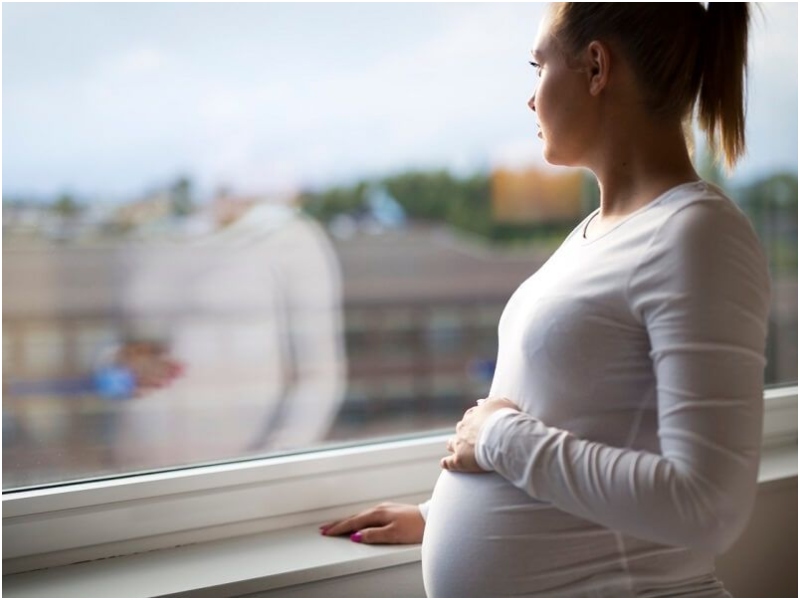Florida’s ban on most abortions after six weeks of pregnancy, which went into effect today, Wednesday, May 1, has sparked concerns among doctors and advocates about the impact on women’s access to essential healthcare.
Dr. Leah Roberts, a reproductive endocrinologist and fertility specialist, expressed worries about the anti-abortion laws enacted by Florida and other states, emphasizing their lack of understanding of medical science.
She highlighted the detrimental effects of the ban on women seeking therapeutic abortions, as well as those with nonviable pregnancies who desire to have children.
The new ban includes exceptions for saving a woman’s life, as well as in cases of rape and incest.
However, healthcare workers are still constrained from performing abortions on nonviable pregnancies until they become life-threatening, leading to significant physical and psychological trauma for women.
Dr. Roberts underscored the potential long-term consequences of the ban, including hindering the development of emergency abortion skills among future doctors and prompting experienced practitioners to leave the state.
Stephanie Pineiro, executive director of the Florida Access Network, highlighted the financial and emotional burdens imposed on women who must travel out of state for abortions due to the ban.
She anticipates a substantial increase in costs for women seeking abortions, making access even more challenging.
The ban’s enforcement follows a ruling by the Florida Supreme Court, upholding the state’s previous ban on most abortions after 15 weeks of pregnancy.
Meanwhile, a proposed constitutional amendment seeks to protect abortion rights in Florida, offering hope for reproductive rights advocates.
As the ban takes effect, Democrats are mobilizing efforts to engage young voters to protect abortion rights, emphasizing the importance of voting in the upcoming elections.
However, Republican leaders remain staunch supporters of the ban, reflecting the ongoing political divide over abortion rights in Florida and beyond.

